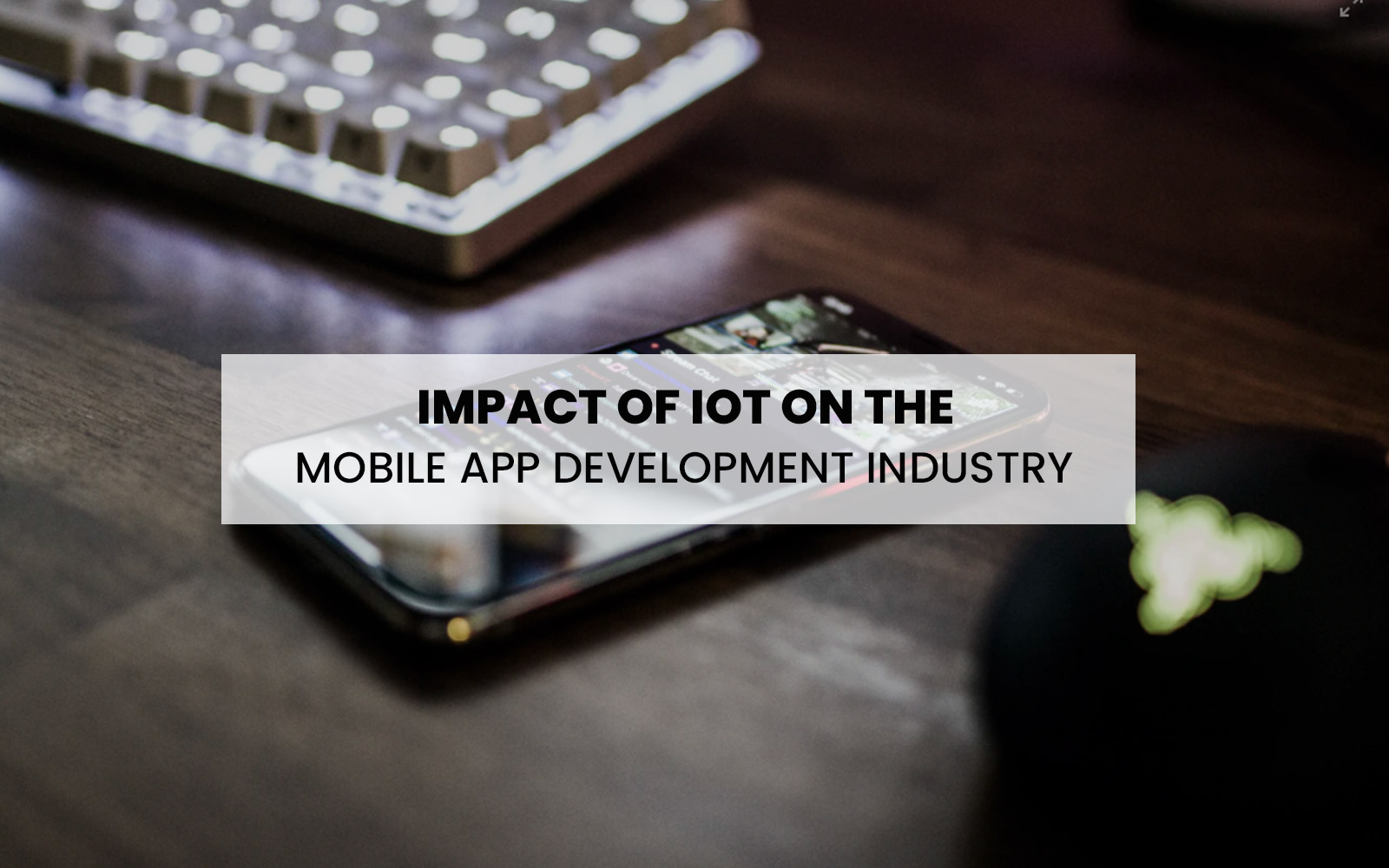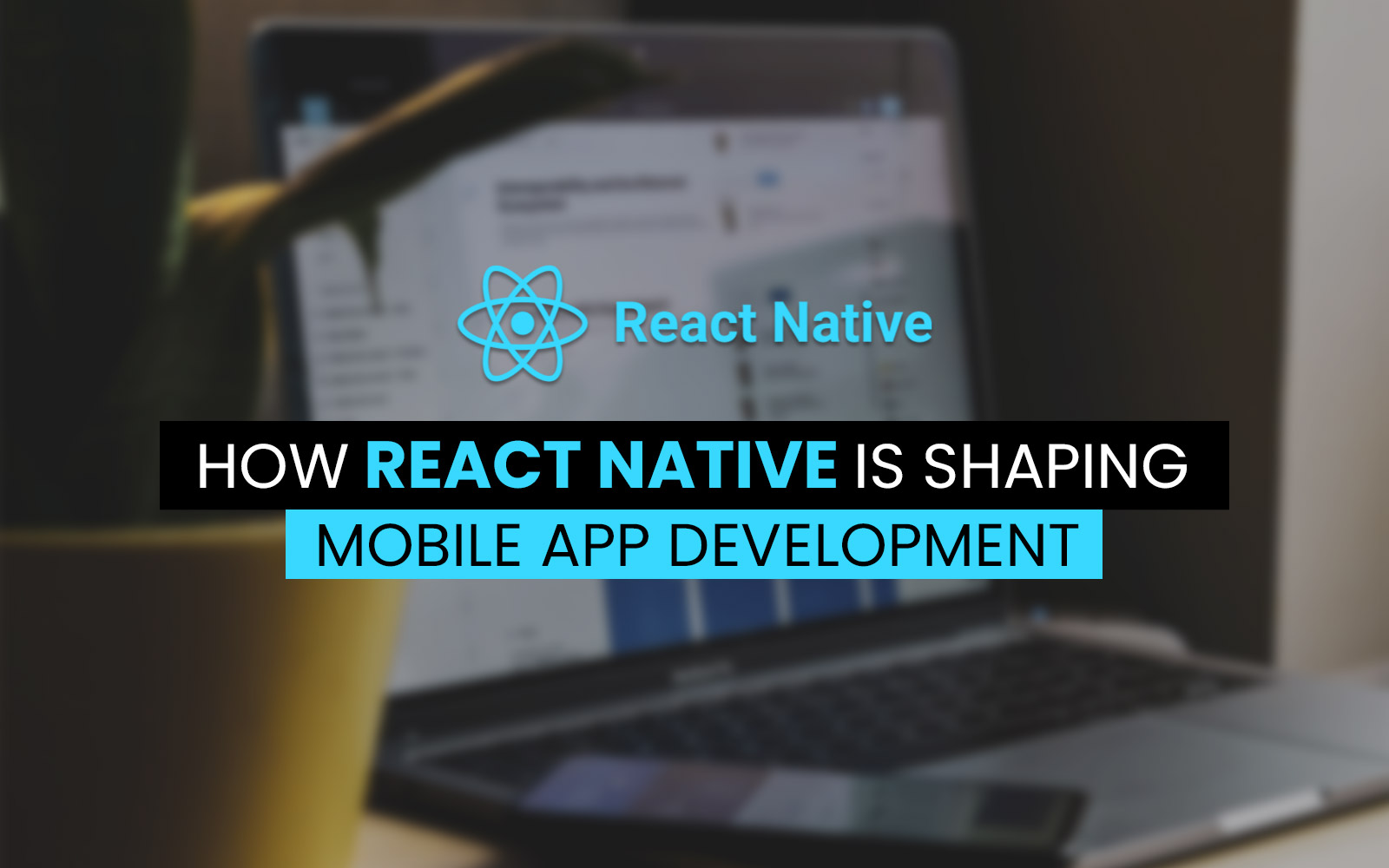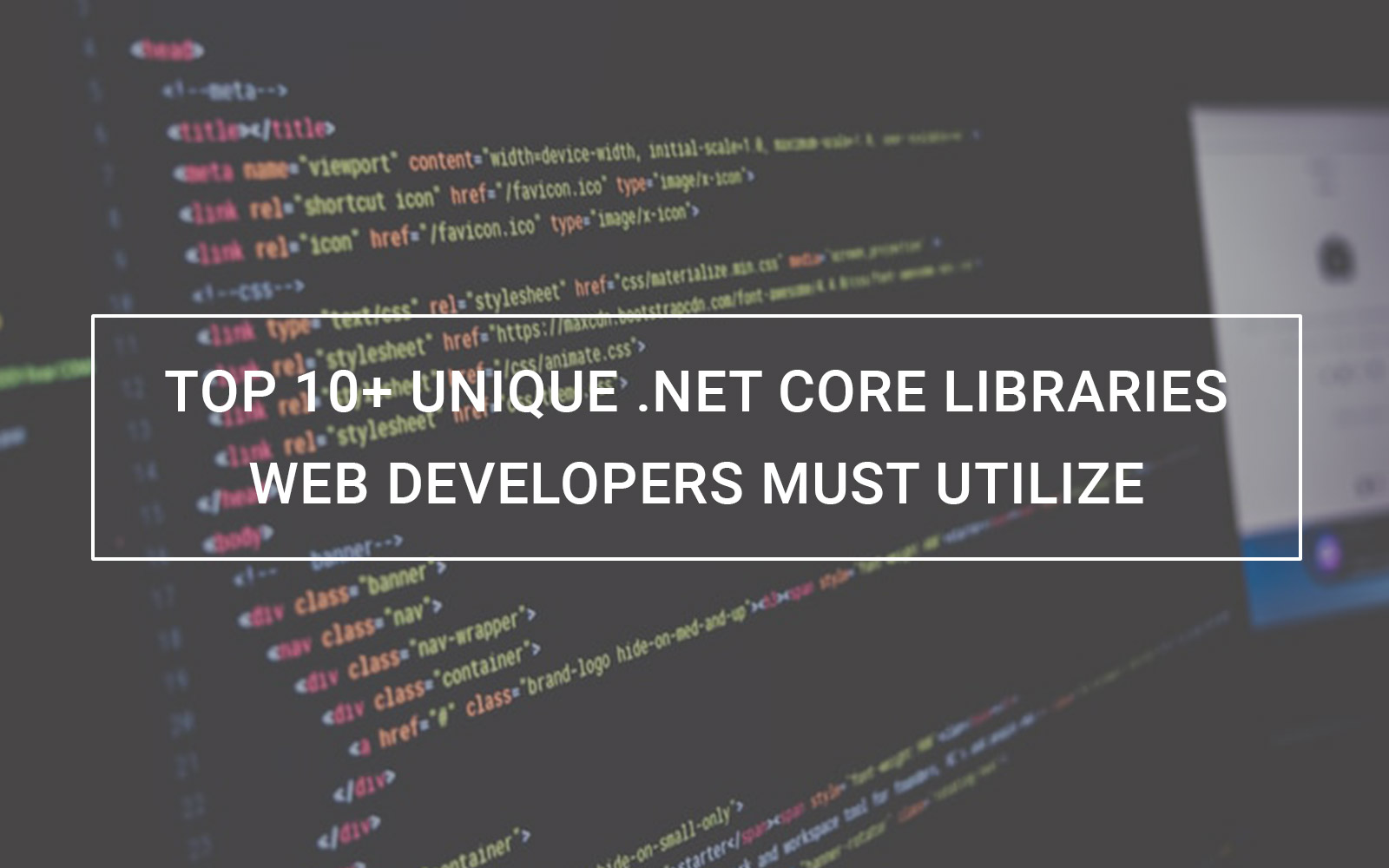We live in a world where mobile apps are dominating our daily lives. Mobile apps are the reason that industries are creating smart devices to…
AI or artificial intelligence has become an increasingly popular field in technology in the past decade. It is used in various sectors and areas to improve user experience and make humans’ jobs easier. AI mimics human intelligence to serve practical business purposes.
According to a Statista report, the growth of the artificial intelligence software market worldwide will reach a whopping amount of $89 billion. We can find artificial intelligence’s magic in various technological elements like chatbots, user experience design, or data analytics.
Before AI marked its presence, we were used to simple mobile applications doing minimal tasks in our lives without having us depend on them much. Artificial Intelligence brought a revolution in the smartphone industry and made almost all aspects of our lives easier. From our daily chores to setting business strategy to social interaction – artificial intelligence has contributed to everything. It has gained tremendous momentum and has marked its footsteps across all digital niches.
Digital assistants like Amazon Alexa, Apple’s Siri, and Microsoft’s Cortana are examples of artificial intelligence. They have made all kinds of digital interactions easier and user-centric. However, before proceeding further with how Artificial Intelligence will help mobile app development and improve user base designs, let us look at the basic definition of artificial intelligence.
What is Artificial Intelligence?
Artificial Intelligence is a form of computing technology that replicates human intelligence. It is used to enable a machine to behave like humans and solve problems. It adopts human reasoning and improves user experience by performing specific tasks on behalf of humans. Its motive is to take actions that have the best possible outcome for the user. Artificial intelligence analyses previous interactions of users and uses the information for future interactions with users.
Artificial Intelligence Types:
Artificial Intelligence gets categorized into four major types. These AI are the type of AI system that you see today to sentient systems that do not exist yet. These include:
- Reactive machines:
This type of Artificial Intelligence can react to the current scenario by analyzing all the possible moves and wisely choosing the best option. A popular example of Reactive machines is an IBM chess program that even beat chess champion, Garry Kasparov, in the 90s. It analyses the moves of its opponents and chooses its own strategy accordingly. However, Deep Blue cannot store past experiences; another example of such reactive artificial Intelligence is AlphaGo by Google.
- Limited memory:
This type of Artificial Intelligence (AI) system does all the things that a Reactive Machine does and is also capable of storing memory. Researchers use these AI systems in self-driving cars that employ past experiences to make moves in the present and other predictions like changing lanes etc. however, the memories are not permanently stored.
- Theory of mind:
It is a psychological term that stands for understanding one’s beliefs, wants and intentions that eventually impact an individual’s decision-making. Such AI systems replicate human decisions, and there is still a long way to go in this sphere to match the inherent way the human mind works.
- Self-awareness:
This is an AI system that we usually see in movies, AI-equipped with self-consciousness or self-awareness, and can even have emotions towards an object or a person.
Instances of Artificial Intelligence technology in the App Development
- Automation:
Since mobile app development is a lengthy process, coders spend a considerable amount of time coding the same thing.
Utilizing AI, the pressure reduces with establishing a more friendly infrastructure for coders to code. An example – A new test bot launched by Bitbar that tests various mobile apps.
We expect it to help developers test mobile apps to make it work more efficiently and reduce cost and maximize quality.
- Machine learning:
This type of AI works without computer programming. They analyze previous experiences and predict future moves. An example of such AI is a robot that analyses stock market records and predicting new trades for the coming few days.
- Machine vision:
This type of AI enables a machine to capture and analyze visual information, just like humans, so that they can react like humans. Humanoid Sophia is powered by AI that has a facial recognition feature along with machine vision to have a better understanding of the world.
- Chatbots:
These are robots, powered by AI, that can interact with users just like any other human. They also learn from previous experiences, and the basic idea behind that is that if humans refuse to interact with anyone other than humans, they can use such chatbots. A few examples are LivePerson and Bold360.
- Voice recognition:
Various voice recognition mobile apps like Siri and Alexa has been here for a while. They recognize the voices and takes commands, and do the work for humans. They help to personalize our smartphones for a more user-friendly experience.
These are a few examples of Artificial Technology that are used in the world today.
How Can Artificial Intelligence Improve Mobile App Development and Enhance User Experience?
Not to our surprise, Artificial Intelligence is rapidly growing to be the next best thing that the world is yet to experience. Countless mobile app development companies worldwide are not just interested in implementing artificial intelligence in their apps but also want to focus on involving the users in this incredible technology through their applications.
Incorporation of Artificial Intelligence (AI) features in mobile apps will result in smartphones to perform advanced technological functions at the blink of an eye. Activities such as labeling images, face recognition, landmark recognition, barcode scanning, and text recognition are a few activities that artificial intelligence systems can currently perform. Besides that, AI features help is making the user experience as seamless as possible through the built-in features and applications of smartphones. It not only simplifies life but helps in saving a lot of time for users.
Ways Artificial Intelligence impacts Mobile App Development
The main motive of Artificial Intelligence is to enable mobile applications with precise, accessible, customized, and flexible options, which would only enhance the functionality and performance of the app. A thorough understanding of Artificial Intelligence in smartphone technology should be the first step in improving user experience in mobile apps. These are the following ways in which Artificial Intelligence can impact mobile app development:
- Accurate results:
Artificial Intelligence deals with large data sets and considers all possibilities and mapping with the available data set. Industries that require maximum precision, like the healthcare industry, should incorporate Artificial Intelligence in their functionality to deliver accurate results. Artificial Intelligence provides a high degree of accuracy in fields like medicine, which only takes modern medicine leaps ahead of traditional medicine manual processes. Thus, Artificial Intelligence offers exceptional accuracy, which helps in bringing positive outcomes. Many healthcare and wearable applications are using this functionality available with AI.
- Real-time forecasting:
Implementing Artificial Intelligence in mobile apps provides accurate results and greatly helps real-time forecastings like weather and traffic. Our daily routine involves multiple activities that are difficult to keep track of without reminders. Artificial Intelligence keeps a proper schedule by making the entire activity even more seamless by finding a correlation with other external environment factors like traffic forecast, timings of flights, trains, buses, or weather forecast. It saves a large deal of time and energy for the user.
AI can also correct and formulate emails and even help predict current affairs, which are used in education applications.
- Customer experience:
Artificial Intelligence is capable of providing personalized data of users’ preferences, i.e., customer behavior, which is advantageous in user-based mobile applications. Most mobile app development entities have exclusive target customers; they develop their respective business models depending on customer preferences. But it isn’t easy to categorize customer behavior because each individual is different from the other. It is where Artificial Intelligence bounces into the picture. It provides personalized data, thus making it as user friendly as possible. The technology accommodates itself according to the preference of individual users.
- Personalized experiences:
As technology is furthering, search engines incorporate Artificial Intelligence (AI) and Neuro-Linguistic Programming (NLP) to become smarter in understanding customer behavior when they are on their platforms. Similarly, Artificial Intelligence is also enabling mobile app developers to use AI to analyze user intent and optimize their apps according to the users’ objectives. Users do not need to remember what they had searched for two weeks ago, but the apps will keep track of the user’s future purposes and use the data to personalize their future searches.
The next revolutionary step of mobile apps will be a couple of artificial intelligence with augmented reality tools. Several industries like cosmetics, home décor, and apparel are banking upon these technologies to enhance the user experience.
Artificial intelligence brings astounding possibilities in the sphere of Mobile App Development!
The incorporation of AI in the development of mobile apps is the next step ahead. It’s a long road ahead, but once the system evolves, it’ll be a whole new world of possibilities and experiences that we will be dwelling in. The future of mobile development is Artificial Intelligence (AI) features. However, even though we are still in the initial phases of implementing AI in developing mobile apps, we can see a great hike in artificial intelligence uses already in 2020.
Artificial Intelligence applications have already started to roll out on 5G smartphones, which means that the users will receive greater privileges of Machine Learning and Artificial Intelligence to assemble, maintain, and maneuver real-time information.
M-Connect Solutions brings for you the ultimate mobile app development services empowered with Artificial Intelligence
One of the top-class mobile app development companies in the market, the app developers at M-Connect Solutions, have the dynamicity and technology mastery of crafting competent apps for your business. We can offer apps that are infused with the blessings of artificial intelligence. Reach out to us to develop super-advanced apps for your company.
About Hemant Parmar
Hemant Parmar is an eCommerce expert and a keen Magento consultant who specializes in meeting the needs of businesses in the e-commerce space. Years in the eCommerce market make him a perfect choice for sharing his expertise on eCommerce and Magento 2 development. He believes that customers need to be met no matter how challenging it might be.
Read More




